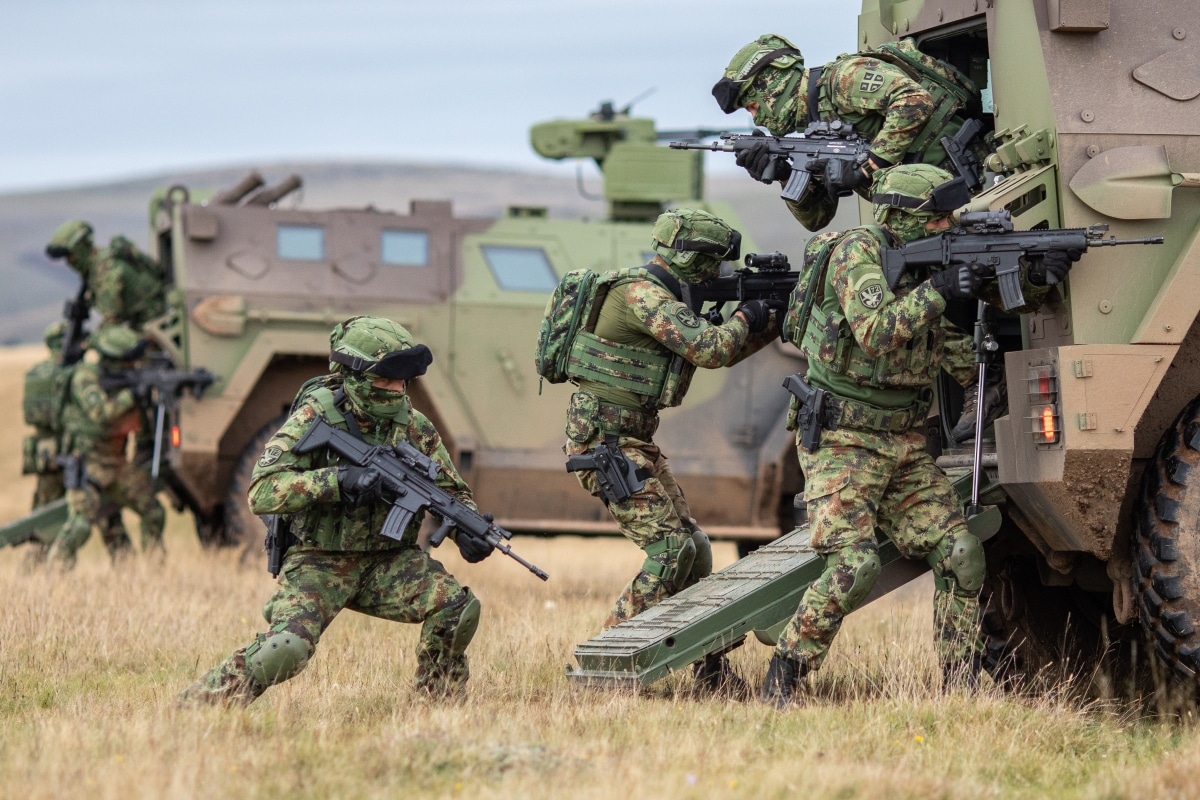Tensions escalate between Serbia and Kosovo as their leaders’ trade accusations following violent clashes in north Kosovo, highlighting unresolved issues and hindering efforts for normalization.
Serbia’s president, Aleksandar Vucic, and Kosovo’s prime minister, Albin Kurti, are engaged in a heated exchange following violent clashes in north Kosovo. Vucic blamed Kurti for the disturbances in the town of Zvecan and warned against fulfilling Kurti’s desire to spark a conflict between Serbs and NATO. In response, Kurti accused Belgrade of directing the “extremist” protesters in Zvecan. Amidst this tension, the European Union and the United States, who have been working to facilitate a normalization agreement between Belgrade and Pristina, find themselves frustrated. The recent events have drawn international attention to the unresolved issues between Kosovo’s ethnic Serb minority and the majority Albanian government. The situation was further complicated by low turnout in recent mayoral elections in north Kosovo, where ethnic Serbs boycotted the vote, allowing ethnic Albanian mayors to be elected in predominantly Serb towns. Despite international advice to avoid stoking tensions, armed special police forcibly entered municipal buildings, aggravating the situation. The US, EU, and NATO called for de-escalation, but Kurti remained defiant, leading Vucic to order troops to the border with Kosovo. The clash between peaceful protesters and peacekeeping forces adds complexity to the situation, and although tensions have temporarily eased, cooperation between Kosovo and Serbia remains elusive, keeping tensions simmering beneath the surface.






